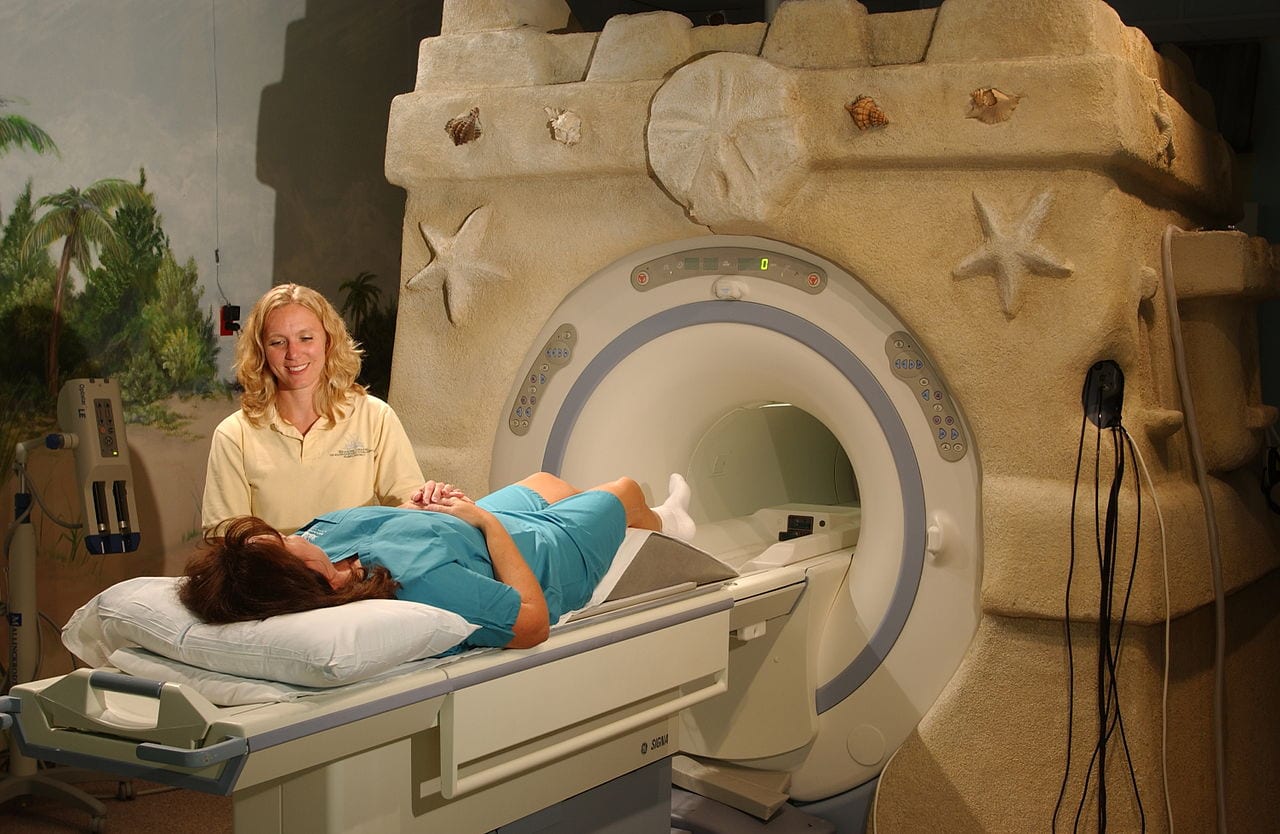Braces Teeth Scars: Minimize With Expert Tips

For many individuals, the prospect of wearing braces can be daunting, with concerns about the potential impact on their appearance being a significant factor. One of the most common worries is the possibility of teeth scars after braces, also known as orthodontic decalcification or demineralization. These scars can appear as white spots or patches on the teeth and are caused by the accumulation of plaque and bacteria around the brackets, leading to enamel damage. However, with the right knowledge and care, it is possible to minimize the risk of teeth scars after braces.
Understanding Teeth Scars
Teeth scars or white spots are areas of enamel that have been damaged due to acid production by bacteria in the mouth. When food particles and plaque are not properly cleaned from around the braces, bacteria feast on the carbohydrates, producing acid as a byproduct. This acid can weaken the enamel, leading to the formation of white spots. If left untreated, these spots can progress to more severe forms of tooth decay.
Prevention Strategies
Preventing teeth scars begins with diligent oral hygiene. Here are some expert tips to help minimize the risk:
Impeccable Oral Hygiene: Brushing your teeth after every meal and snack is crucial. Use a fluoride toothpaste and a soft-bristled toothbrush. Pay special attention to the areas around the braces, where food and plaque tend to accumulate. Interdental brushes can be particularly useful for cleaning between the brackets and under the wires.
Flossing: While it may seem challenging with braces, flossing is essential. Use a floss threader or an interdental floss to gently remove food particles and plaque from between the teeth and around the braces.
Mouthwash: Rinsing with a fluoride mouthwash can help strengthen tooth enamel and prevent decay. Look for a mouthwash that carries the American Dental Association (ADA) Seal of Acceptance, indicating it has met standards for safety and effectiveness.
Dietary Changes: Limit sugary and acidic foods and drinks, as they can contribute to enamel demineralization. Opt for a balanced diet that includes plenty of fruits, vegetables, and dairy products, which can help neutralize acids and provide essential minerals.
Regular Dental Check-Ups: Regular visits to your orthodontist and general dentist are vital. These professionals can monitor the health of your teeth and gums, provide professional cleanings, and offer personalized advice on maintaining good oral health with braces.
Treatment Options
If teeth scars have already formed, there are several treatment options available:
Fluoride Treatments: Professional fluoride treatments can help reverse early stages of tooth decay by remineralizing the enamel. Your dentist may recommend a fluoride varnish, gel, or foam application.
Dental Bonding: For more noticeable scars, dental bonding can be an effective solution. This involves applying a tooth-colored resin to the affected area, which is then hardened with a special light.
Enamel Microabrasion: This is a non-invasive technique used to remove minor discolorations and imperfections on the surface of the teeth. It involves the use of a mild abrasive and acid to gently remove a small amount of enamel, revealing smoother, more even teeth.
Porcelain Veneers: In cases where the scars are more pronounced, porcelain veneers can offer a more permanent solution. These thin layers of porcelain are bonded to the front of the teeth, completely covering the damaged areas and providing a natural, flawless appearance.
Conclusion
While the prospect of teeth scars after braces can be unsettling, the risk can be significantly minimized with the right approach. By understanding the causes of these scars and implementing expert-recommended prevention strategies, individuals can enjoy a healthier, more radiant smile even after orthodontic treatment. Remember, prevention is key, but if scars do form, there are effective treatment options available to restore the beauty and health of your teeth.
How long does it take for teeth scars to form after getting braces?
+Teeth scars can begin to form within a few weeks of getting braces if oral hygiene practices are not diligent. Regular brushing, flossing, and check-ups can significantly reduce this risk.
Can teeth scars be completely prevented with braces?
+While it's challenging to completely prevent teeth scars, the risk can be greatly minimized with excellent oral hygiene, regular dental visits, and a healthy diet. Early detection and treatment of any issues can also prevent more severe problems.
Are there any specific products that can help prevent teeth scars with braces?
+Yes, there are several products that can aid in preventing teeth scars, including fluoride toothpaste and mouthwash, interdental brushes for cleaning around brackets, and plaque-disclosing tablets or solutions to highlight areas of poor cleaning.
In conclusion, by being proactive about oral hygiene, understanding the causes of teeth scars, and knowing the treatment options available, individuals with braces can minimize the risk of these unwanted marks and enjoy a healthy, beautiful smile for years to come. Whether through prevention or treatment, taking care of your teeth during orthodontic treatment sets the stage for a lifetime of oral health and aesthetic appeal.
